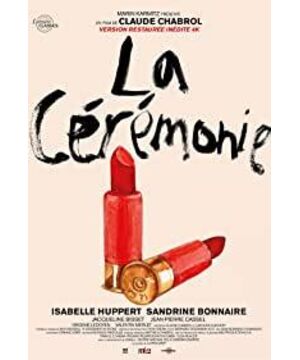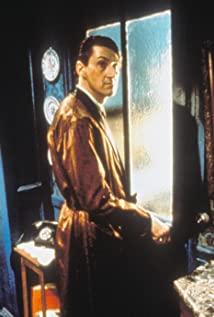A cult movie. The middle class and the working class are depicted as parallel worlds of opposing and exploitative relationships. The maid and the postman kill with no tangled eyes and no fear, which makes people feel the complete despair of class antagonism. Agree with what other film critics have said, the author is not biased here, but shows the hypocrisy and goodness of the middle class, the goodness of the bottom and the evil of mediocrity from a fairly calm perspective. A very striking design in the movie/plot is that the maid is dyslexic. To a certain extent, because he was found to be illiterate by a literate family, he finally started killing people, leaving no one alive. Ashamed of culture leads to murder to such an extent that only France can do it. It is no wonder that it was Bourdieu of France who created the concept of cultural capital. Vendettas in China can only be caused by the family showing off their wealth or sexual abuse. From Marx's point of view, economic capital and political capital are at work. As long as there is money, the illiterate can be ostentatious, but the intellectuals instead give birth to a sense of shame that "everyone is a scholar". Perhaps in China, the bright design should be that the top student is the confinement wife of an illiterate nouveau riche, and eventually can't stand it and shoots the whole family.
View more about La Cérémonie reviews











